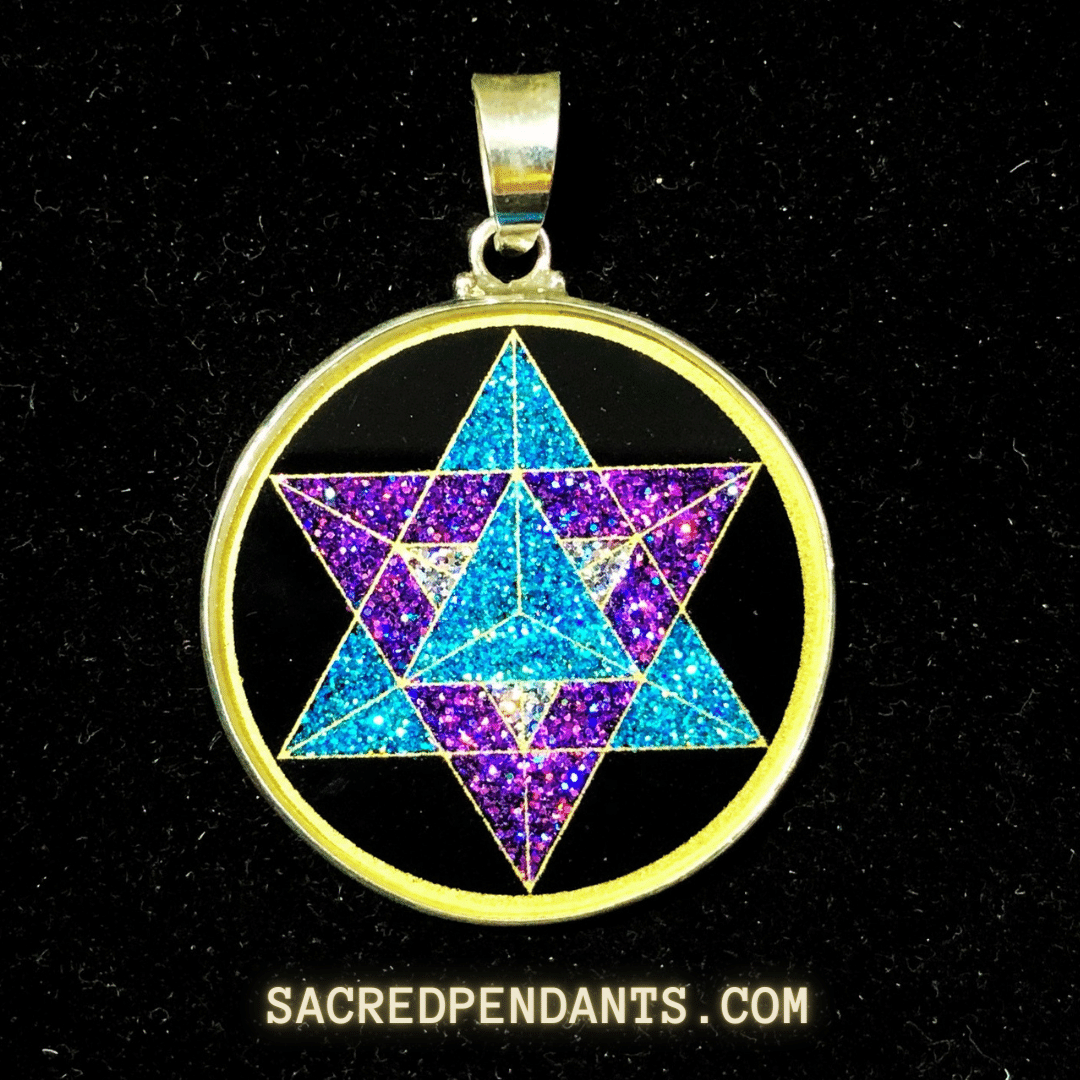
If it weren’t for dreams, we would have 1/3 of our lives unaccounted for.
While some people write off their dreams as just the crazy things that happen when they sleep, there are others who are extremely attuned with the dream world: Native Americans. And dreams are a highly important factor in their culture.
Long before the first Europeans arrived, the Woodland Indians of North America taught their children that dreams are the single most important source of both practical and spiritual guidance.
Young Native children are taught to remember their dreams as best they can, so they might use them as guidance, and as a window into their own mind.
Browse our Affiliate Products
Dreams are incredibly significant to Native American culture because they believe that part of the soul leaves the body when one transitions into the dream world.
According to Natives, every person on Earth has three souls, not just a single one. The first is the ego-soul, which manifests as breath.
Then, there’s the body-soul, which is what gives our body life and energy when we are part of the waking world.
Finally, we have the free-soul. The free-soul is believed by Natives to leave the physical body when one dreams.
This is the part of one’s soul that travels to other dimensions as the other two stay back with the physical body.
The first business of the day in an Iroquois village was dream sharing, as dreams were messages from the spirits and the deeper self and might contain guidance for the community as well as the individual. The early Iroquois believed that, in dreams, we routinely travel beyond the body and the limits of time and space, can visit the future or the past, and may enter the realms of the departed and of spiritual teachers on higher levels.
Dreaming was also a survival tool. In the depths of winter, the community looked to powerful dreamers to scout out the location of game and to negotiate with the animal spirits to provide sustenance for the people.
For the Iroquois, dreaming is also good medicine. The Mohawk word “atetshents”, which literally means “one who dreams,” is also the term for a doctor or shaman.
The early Iroquois were not fatalists about the futures perceived in dreams, for they developed rituals and practices designed to divert — or reinforce — future episodes observed in dreams. By enacting part of a dream, under controlled circumstances, they might be able to prevent the dream from manifesting fully in the future.
A dream of impending disaster or tragedy that felt close to fulfillment in physical reality might inspire radical enactment; for instance, a Mohawk warrior who dreamed that he was captured
and fire-tortured to death by his enemies once arranged for his fellow villagers to bind him and burn him with red-hot knives and axes — but not to kill him.
The Iroquois recognized that the spirits sometimes send certain individuals “big dreams” with major revelations about the soul’s purpose and the environment. While big dreams may contain information of vital importance to the dreamer’s personal health or physical survival, many of these powerful dreams seem to be directed at benefiting the community as a whole. This is why, among Iroquoian traditionalists, the first business of the day for the whole community was to share and tend to important dreams.
Father Paul Ragueneau, a Jesuit Priest, wrote in 1648;
“The Hurons believe that our soul has desires other than our conscious ones, which are both natural and hidden, made known to us through dreams, which are its language. When these desires are accomplished, the soul is satisfied. But if they are not, the soul becomes angry. Not only does it fail to bring the body the health and well-being it might otherwise have done, but often it even revolts against the body, causing various diseases and even death. So most Hurons pay careful attention to their dreams!
If, for instance, they have seen a javelin in a dream, they try to get it; if they have dreamed that they gave a feast, they will give one on awakening. They call this secret desire of the soul expressed by a dream, ondinnonk.”
It was a social duty to help dreamers read the language of the soul, as revealed in their dreams, and take appropriate action. If someone experienced a particularly troubling or obscure dream, a strong dreamer, an “atetshents”, might be consulted on its meaning. Sometimes, if a dream seemed to contain a warning of impending death or disease, the whole community would become involved in unfolding and enacting the dream.
The Dream World
Native Americans maintain that our minds do not actually dream in the capacity that we think they do. The body doesn’t either.
Instead, the free-soul disconnects to travel an entire new realm where it can come in contact with other human souls. In this world, we can speak to non-humans as well.
The dream world exists just as the physical world does, and we can learn more about the other by opening up to the experiences of both.
A large theme in Native philosophy includes the understanding that all of life is one giant dream.
To Natives, the dream world was just as important as the physical world; both of them reminders of the impermanent nature of life.
The spirits and souls that guide every person can communicate with us in the dream world, and they often do so through symbolic interactions and events.
It is during our dream state that we are able to both receive and transmit spiritual and psychic information. Natives regularly seek insight into their dreams from Elders.
Elders interpret their dreams and offer advice as to what their spirit guide is trying to tell them, just as we use therapists and other medical professionals to help us understand the problems of the physical word.
Understanding dreams differently
Dreams are where we find guidance and connect with the spirit.
Dream world is just another plane of existence that our souls travel to when we sleep, but we use it to further our understandings of ourselves so that we might grow.
Our spirit guides cannot directly influence the growth of one’s soul. So, it is in the dream world that they use symbolism to communicate the messages of guidance they want to send.
If we choose to believe what the Natives believe, then there is no denying the importance of one’s dreams.
We should do our best to remember them, and reflect on them, because they serve a purpose: to help guide us through the hardships of the physical realm.
So there ya go.









excellent post.
Do you think dreams have premonition value?
Hi. Thank you for your comment and for solving the problem. I believe that dreams have premonition value for some people but of course not everyone. Personally, I don’t think my dreams offer that level of intuition. I do connect with the Native American perspective on the purpose and value of dreams. I feel that they present a truly spiritual interpretation.